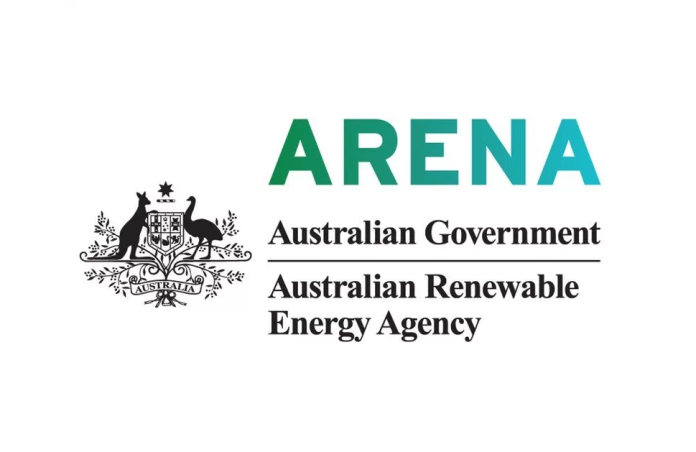
The Logan City Council (LCC) has secured $6.2 million in funding from the Australian Renewable Energy Agency (ARENA) to develop the Loganholme Wastewater Treatment Plant Gasification Facility at Loganholme, Queensland.
Once fully commissioned, the $17.28 facility will help to reduce the volume of sewage sludge (known as biosolids) waste disposal at Logan’s largest sewage treatment plant by about 90%.
Biosolids produced at LCC’s largest wastewater treatment plant – which serves 300,000 people at Loganholme – are currently dewatered via an energy intensive mechanical drying and treatment process before being transferred for land application.
ARENA CEO Darren Miller said the project will be the first of its kind in Australia to incorporate gasification into a wastewater treatment, offering significant opportunities to be replicated by other councils.
“Logan City Council’s demonstration project is expected to deliver a commercial business case for the gasification of biosolids for similarly sized wastewater treatment plants across Australia. The key knowledge learned from this installation will be significant given the first-of-kind deployment,” Mr Miller said.
“This innovative process will reduce energy costs, emissions and significantly reduce the volume of waste from the sewage treatment process.”
A gasifier works by creating gaseous fuel from the biosolids which have been dewatered, dried and treated at high temperatures. This gaseous fuel is a biochar containing carbon, phosphorus and potassium that could be used as an environmentally friendly soil conditioner.
LCC plans to market this biochar once the facility becomes operational.
Acting Road and Water Infrastructure Director, Daryl Ross said the gasifier used for the process would reduce the amount of greenhouse gas emissions emitted by the plant.
He said gas produced during the process will be utilised within the system as part of the biosolid drying process, adding that an onsite solar power system will also help to support the facility to be almost entirely renewable and energy neutral.
“At present, six truckloads of biosolids are taken 300 kilometres to Darling Downs for land application each day. That costs $1.8 million annually and accounts for 30 per cent of the operating costs of the plant,” he explained.
“Costs are increasing due to rising electricity prices, increasing population and tightening of government regulations on carbon reduction and managing persistent organic pollutants in soils.”
ARENA said trials to prove concept will be completed in February next year, with construction to begin July 2020.
The facility is expected to be fully operational by July 2021.




















